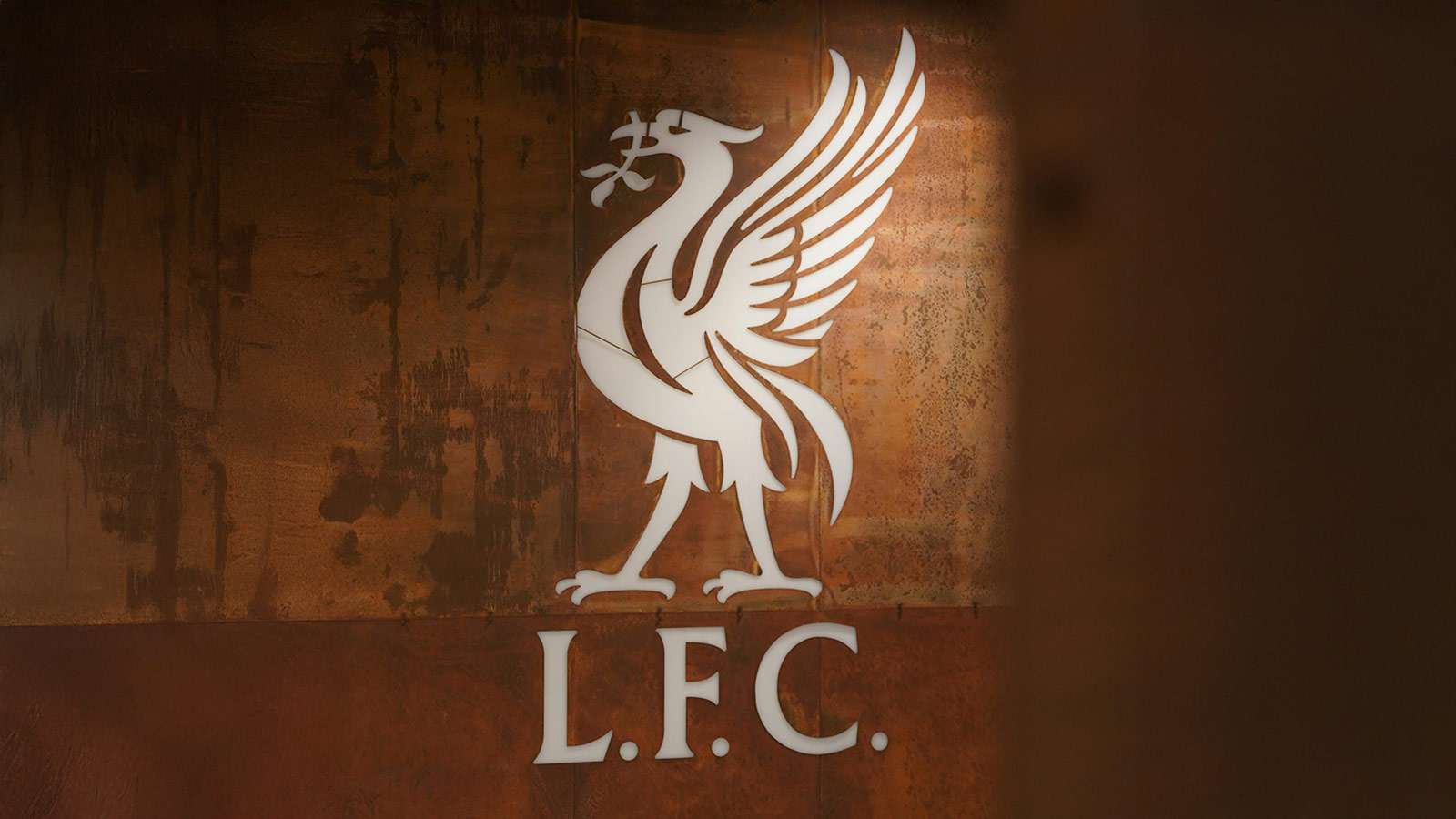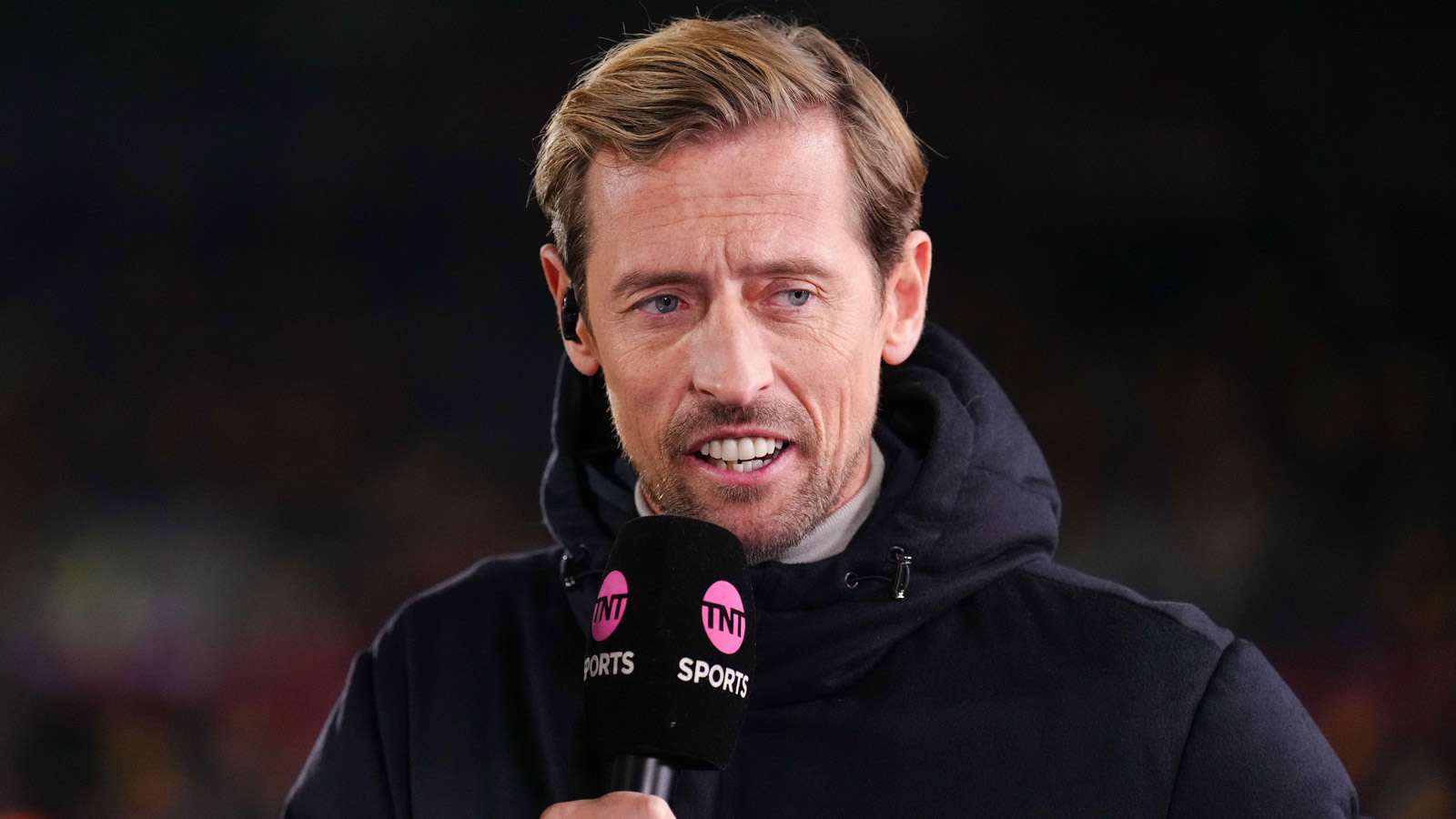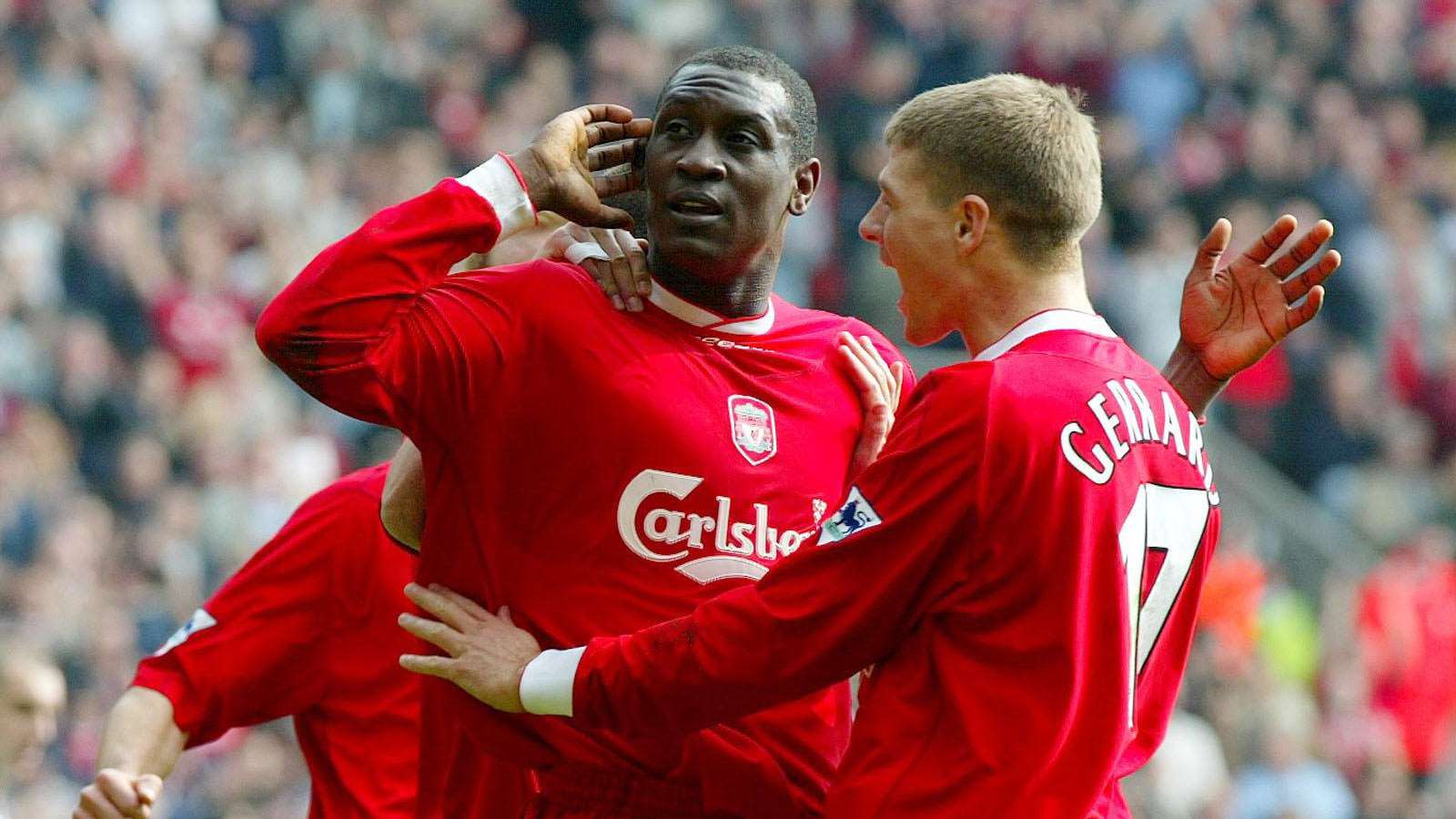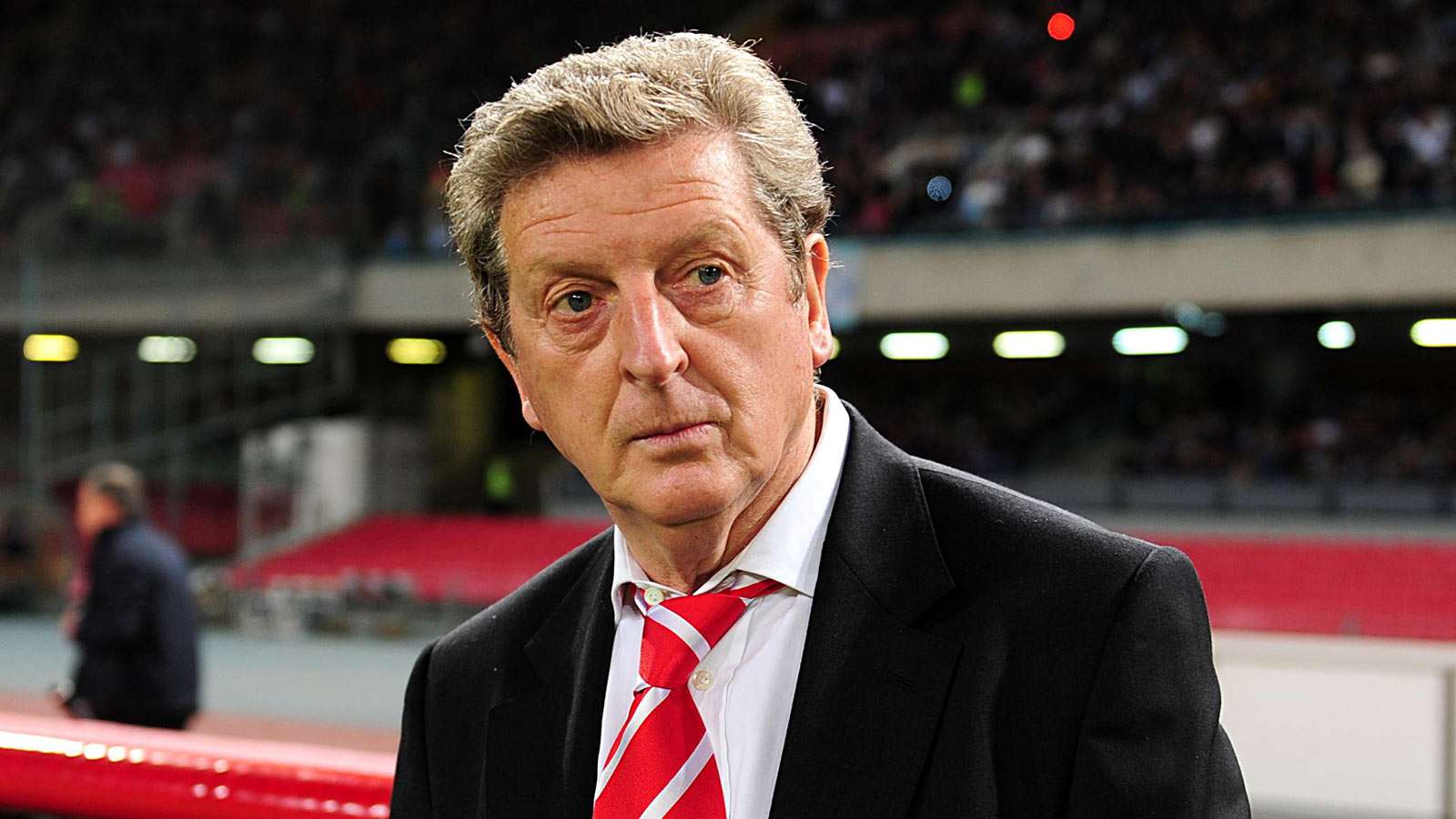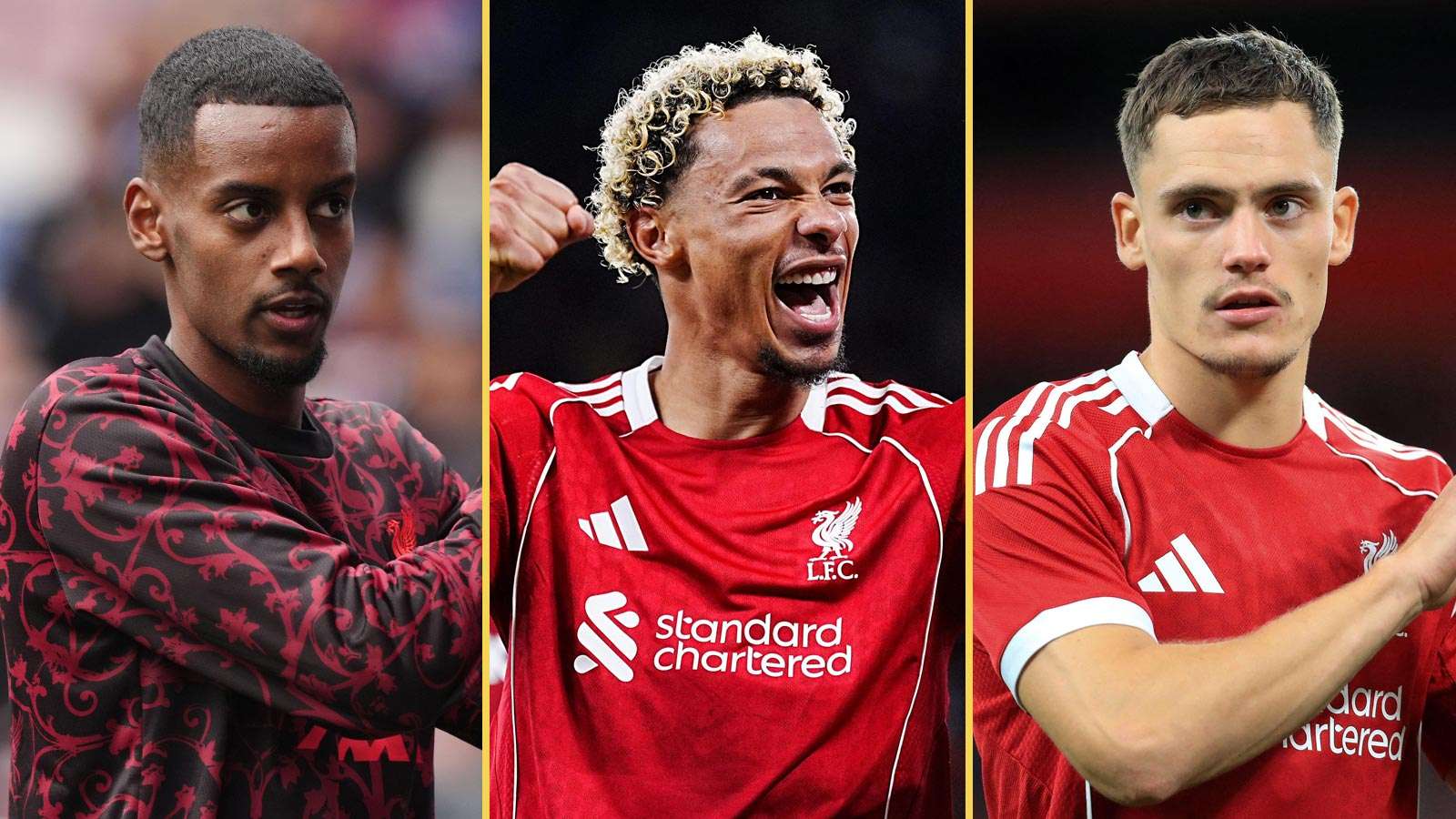Former Liverpool midfielder Thiago Alcântara reflects on retiring his move into coaching at Barcelona, and the lessons learned from Jurgen Klopp’s influence.
When Thiago Alcântara walked away from football last year, it wasn’t with the fanfare his glittering résumé perhaps deserved.
There was an emotional farewell on the Anfield pitch, but no testimonial to mark 15 years at the elite level. Just quiet acceptance that the game he loved had finally taken more from his body than he could give back.
Injuries had taken their toll. His final season at Liverpool, 2023/24, was one of persistent frustration. The Spaniard managed a single five-minute cameo before his contract expired. By July, he had announced his retirement.
“After such a long struggle to become a footballer – then to become the footballer I wanted to be – the hardest step was accepting that it was coming to an end,” Thiago admits whilst speaking to the coaches voice
“It wasn’t difficult because of what would come next, but because I had to let go of something I was in love with, due to circumstances beyond my control. It was difficult, but I had to find that peace with myself, that acceptance and pride for the career I had.”
Few were surprised by the decision. The signs had been there: constant setbacks, repeated attempts to rebuild fitness, fleeting returns followed by fresh absences. But for Thiago, acceptance didn’t come easily.
His career had been a tapestry woven across three European giants Barcelona, Bayern Munich, and Liverpool decorated with domestic titles, Champions League triumphs, and international honours with Spain. Yet when the curtain came down, it was the feeling of the game, not the medals, that lingered.
“My time at Liverpool encompassed everything I look for in a club and everything I’d always loved,” he reflects.
“The feeling of competing for every trophy, of being dominant on the pitch, yet giving off that sense of being a fighting club where every day you have to battle for a goal.”
“At Liverpool I found that blend of being and feeling dominant, while also working hard to make it happen. The intensity of English football makes it closer to the football played in South America. We went through a very nice period of adaptation, learning and growth.”
That intensity shaped him and, in time, pointed him toward what would come next.
Within months of hanging up his boots, Thiago has returned to the place where it all began. Barcelona offered him a role on Hansi Flick’s coaching staff, initially on a temporary basis during the summer of 2024.
The experience was transformative.
“My experience as part of Barca’s coaching staff in the summer of 2024 was wonderful,” he recalls.
“It came at a point when the game was still fresh in my mind and my legs, but I couldn’t compete at the highest level anymore.
“I knew that the child inside me the one who made me play football had faded away. In order to help other people, my adult self had to contribute with knowledge. I used it to provide a clear idea of how to play, a philosophy and a group behaviour.”
It was, Thiago says, the moment he realised what Jurgen Klopp had seen long before he did.
Reflecting on his time under Klopp, Thiago’s tone softens. For all the tactical insights he gathered under Pep Guardiola, Carlo Ancelotti, Luis Enrique, Hansi Flick, and Jupp Heynckes, it was Klopp, he says, who opened his eyes to coaching.
“I could make a long list of all the coaches who have been beneficial throughout my life,” he smiles. “Pep Guardiola, Hansi Flick, Luis Enrique, Carlo Ancelotti, Jurgen Klopp, Jupp Heynckes.
“I felt the benefit particularly towards the end of my playing days. I don’t know if it was because Jurgen had seen my grey hairs, or because we used part of the time we had on the pitch to talk and lead, but it was Jurgen who told me I was going to be a coach.”
Thiago pauses, before adding with admiration:
“With Klopp, there are no bad situations; just moments that need to be channelled in a way that makes them favourable to your team. He achieved this through energy, calmness, or even laughter at moments that aren’t expected to be funny. He managed to instil that flow of energy, that direction, so everyone followed him.”
He laughs softly as he recalls one of Klopp’s trademarks intensity, not just in pressing or possession, but in the very rhythm of training.
“Apart from the intensity of the training sessions, the best thing I could pass on from Jurgen to my team is the idea that, even if you only want to focus on working on a specific move, the play never stops – it stays alive.”
“You can’t run a finishing drill without having an extra ball in case of a rebound, a loss of possession, or if you need to make a transition. What I took from Jurgen is the intensity that derives from running, passing and being well positioned.”
Now 34, Thiago is part of Flick’s backroom setup at Barcelona, working closely with midfielders and younger players coming through La Masia. His sessions are said to carry the same attention to detail that defined him as a player.
“I am working on my coaching, and am passionate about understanding and learning from other areas relating to performance,” he explains. “For example, talking with physiotherapists or fitness trainers about what they do.”
He speaks with the curiosity of someone who has spent a lifetime dissecting the game not as an academic, but as an artist now learning to teach his craft.
“If I progress as a coach, it is because my talent perhaps wasn’t meant only to be a football player, but also to help others,” he says. “I am very didactic; I want to help a lot, and can direct my talent towards making a real difference in the lives of other athletes.”
“It was difficult,” he admits. “But I had to find that peace with myself, that acceptance and pride for the career I had.”
“I am proud of that spell we had in 2024,” he adds quietly. “Above all, I am proud of what the whole group achieved last season and what they are doing now.”
if Jurgen Klopp’s instincts were right he may soon be orchestrating from the touchline, just as beautifully as he once did from midfield.
